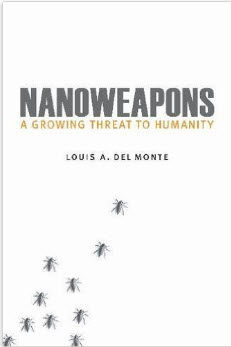Although the Ebola virus first surfaced almost forty years ago (i.e., 1976), we haven’t yet developed an effective treatment or vaccine. According to the World Health Organization, this is the status:
- Ebola virus disease (EVD), formerly known as Ebola haemorrhagic fever, is a severe, often fatal illness in humans.
- The virus is transmitted to people from wild animals and spreads in the human population through human-to-human transmission.
- The average EVD case fatality rate is around 50%. Case fatality rates have varied from 25% to 90% in past outbreaks.
- The first EVD outbreaks occurred in remote villages in Central Africa, near tropical rainforests, but the most recent outbreak in west Africa has involved major urban as well as rural areas.
- Community engagement is key to successfully controlling outbreaks. Good outbreak control relies on applying a package of interventions, namely case management, surveillance and contact tracing, a good laboratory service, safe burials and social mobilization.
- Early supportive care with rehydration, symptomatic treatment improves survival. There is as yet no licensed treatment proven to neutralise the virus but a range of blood, immunological and drug therapies are under development.
- There are currently no licensed Ebola vaccines but 2 potential candidates are undergoing evaluation.
An article in CNN today stated, “Ebola virus has landed several times in the United States and at least twice has spread to health care workers.
Given the terrible and extensive spread of Ebola in West Africa, more cases in travelers or health workers would not be surprising. Disease has spread in this manner since the times of plague, and sadly there will be more cases.”
Since it is clear we do not have an effective treatment or vaccine, and treating the disease places health care workers at risk, I suggest we:
- Place a moratorium on all passenger travel originating from west Africa until we have an Ebola vaccine or effective treatment
- Designate one well equip hospital with highly trained health care workers to treat all Ebola cases, rather than sending them to different hospitals with varying degrees of expertise in treating the disease
- Make Ebola quarantine 100% secure versus leaving it on the honor system
These suggestions make sense to me, and I present them as a concerned citizen for your consideration. What is your opinion? I suggest you contact your government representatives and let them know what you think should be done.
Sources:
- http://www.who.int/mediacentre/factsheets/fs103/en/
- http://www.cnn.com/2014/10/28/opinion/blaser-how-to-treat-ebola/











